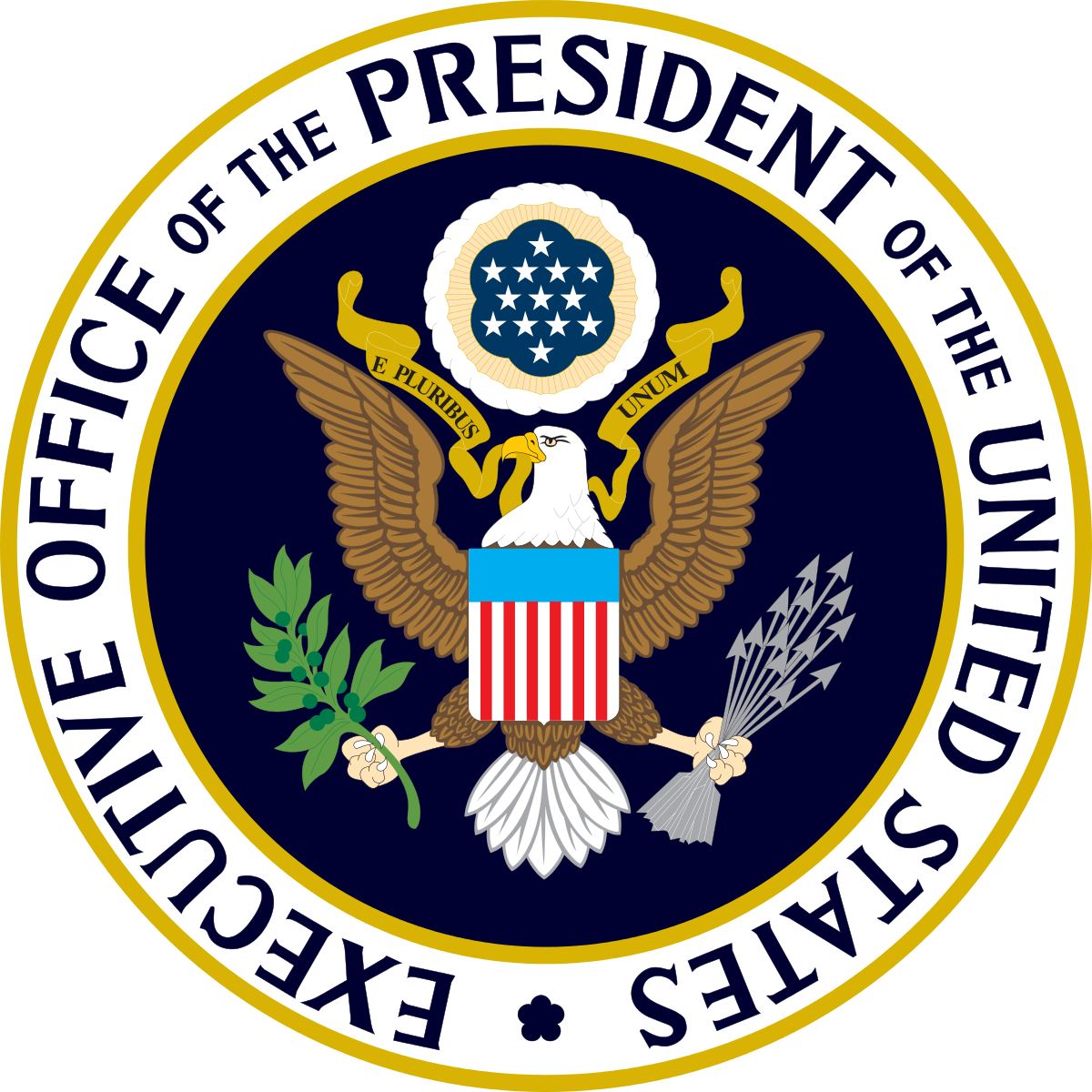
National Security Council Drops Plan to Question Climate Science
For over a decade, the American Security Project has been a leading voice highlighting the threats to national security from climate change, and arguing for bipartisan efforts to reduce climate risks to our country. In Congress, we have seen a growing bipartisan consensus in favor of action to build resilience and reduce risk. However, some loud and persistent voices in the White House and the National Security Council have fought to undo this consensus by creating a “Red Team” to critique climate science and the national security assessments of climate change. It now appears that, instead of questioning climate change’s impacts on security, the White House will instead attempt to highlight environmental protection.
For E&E News, Scott Waldman writes in “White House won’t review climate science before election:”
“the proposed White House panel that would conduct an “adversarial” review of climate science is dead for now, as President Trump grapples with negative perceptions of his environmental record at the outset of his reelection campaign.”
In February, when ASP first learned that the National Security Council was directly targeting the national security assessments of the threats posed by climate change, we increased our public efforts to show why climate change was a threat to security. ASP joined with the Center for Climate Security to circulate and publish a letter, ultimately signed by 58 national security leaders, showing why climate change must be considered in threat assessments. This effort was highlighted broadly in the press. We participated in a public event at the Atlantic Council. Two of our board members, former Secretaries Kerry and Hagel, testified before the House Oversight Committee about “The Need for Leadership to Combat Climate Change and Protect National Security.”
It is important for national security that risk assessments include all available evidence. As written in the letter:
It is dangerous to have national security analysis conform to politics. Our officials’ job is to ensure that we are prepared for current threats and future contingencies. We cannot do that if the scientific studies that inform our threat assessments are undermined. Our national security community will not remain the best in the world if it cannot make decisions based on the best available evidence.
Had this panel gone forward, planning for climate change by our government would have been undermined. Detrimental this “red team” panel would have been to national security made it unpopular enough for the White House to quietly kill the effort. Everyone who cares about ensuring climate resilience and readiness will have to remain vigilent, as stories about political meddling in intelligence testimony before Congress have shown.
Outside of the White House, however, the national security threats of climate change continue to be a rare area of bipartisan agreement on Capitol Hill, as the National Defense Authorization Act includes very strong legal requirements to build climate resilience within the military. There is more movement on climate security legislation than we’ve ever seen. ASP will continue to support this work with direct outreach on the Hill, educational publications, and grassroots efforts around the country.





